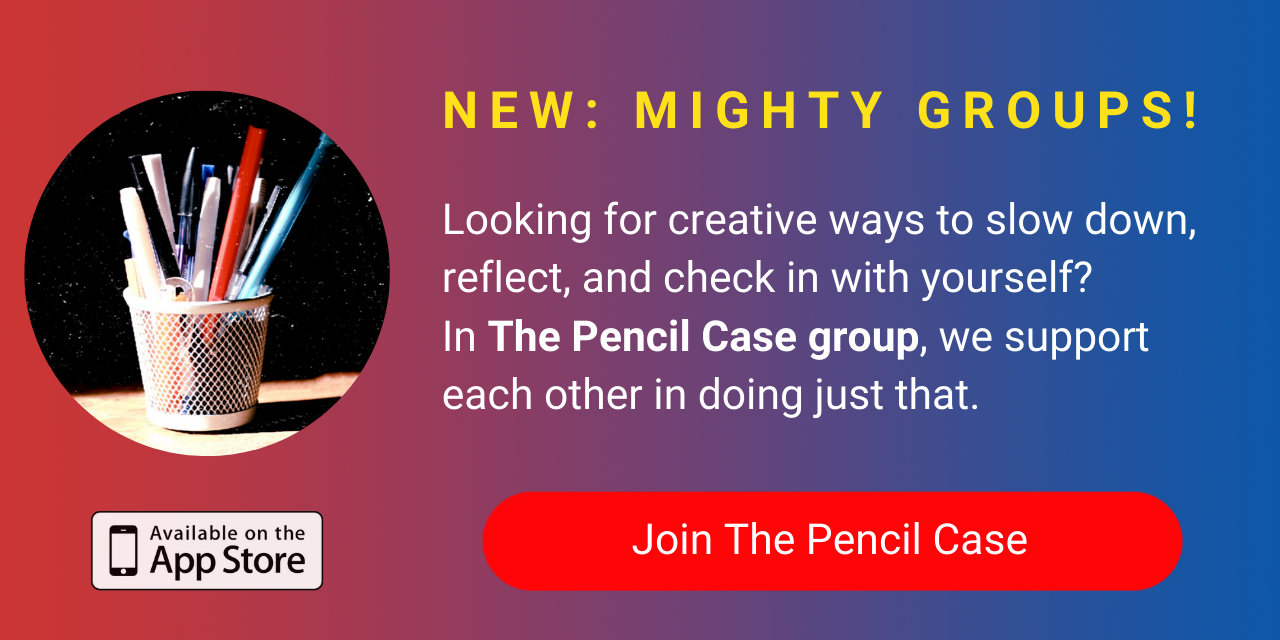“Jake*, you are going to have to fix the chairs if you want to go out to recess.”
My coworker’s voice was firm and no-nonsense. I could tell she meant business.
I glanced up from my computer where I had been finishing the last paragraph of an assessment report and made eye contact with my coworker. She gave me the slight tilt of the chin that signaled “I’ve got this.” I returned to my Google doc, but kept the situation in my periphery.
Jake’s posture faced my coworker squarely. He stood gazing blankly, as if he was looking past her, and through the door behind her, to the playground. His fingers flinched at his sides.
“Jake, I am going to ask you again. You are going to have to fix the chairs before you leave.”
Three chairs were flipped over in the center of the room. Jake’s small group reading lesson did not end well.
I could hear my coworker’s voice tone grow more pleading, and now another staff member had entered the room. Jake’s eyes glazed over. The expression on his face did not change, but I could see tears of frustration forming.
I made eye contact with my coworker again, and this time there was no chin tilt. This one was going to take some teamwork.
I felt a bit of a tightness form in my throat as I walked past the chairs and surveyed Jake’s expression. His posture and distant gaze did not fool me. What I saw was hurt, shame and fear. My personal mental health challenges are amplified by my own sensitivity. As I approached Jake, it was like I could feel his pain myself.
Part of teaching kids with emotional difficulties that impede learning is setting firm boundaries. It is essential to follow through on the limits set. I knew I had to help Jake fix the chairs.
“Hey Jake, I’m sorry you’re having a hard time. I know reading can be tough, but I’m really proud that you’re trying.”
Jake was still frozen. One tear melted out of his eye. His hands were now tight, round fists.
“I also know you are so, so, strong, and I’ve seen you jump really far in PE. Do you think it will take you more than four steps to get to the chairs?”
Frozen.
“Hmf. They are also pretty heavy, but like I said, I think you might be strong enough to handle it.”
With a stone face, Jake slipped his checkered Vans foot out slowly, stretching to measure out one big step. I followed. Slowly Jake and I worked together to fix the chairs. We moved like we were lifting things under water.
Without saying a word, Jake looked at me for permission to leave the room. Checking with my coworker, we agreed that Jake could leave for recess, but he would return to the resource room before heading back to class to talk about better ways to tell us when he’s frustrated.
Once Jake left the room, I breathed a sigh of relief. It felt like I had earned recess myself.
After these tough moments, I often reflect on the history of my own poor-coping skills. As an adult, I have crammed myself into closets to hide from anxiety, I have scooped frosting out of the trash can and eaten it until I was sick, I have thrown things, taken impromptu road trips… the list is long. Every time my students show me unexpected behavior, I understand. They are trying to tell me something they can’t express in words, or they are just looking to feel better in some way. I get it.
For a long time, I thought I would never work due to my sensitivity, anxiety and mood disorder. My disability felt insurmountable; I thought it overshadowed any way that I could be useful. Through trial and error, and trial and error, I have landed in a career where digging deep into my personal experiences actually gives me a superpower. I find I can get to the root of most behavior issues fairly quickly. It’s not perfect. I take all of my sick time and personal days — but I know I am making a difference on the days I can, and I genuinely like what I do. My mental illness makes me better at what I do.
*Name has been changed.
Getty photo by Monkey Business Images.


